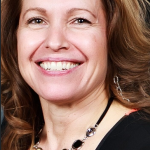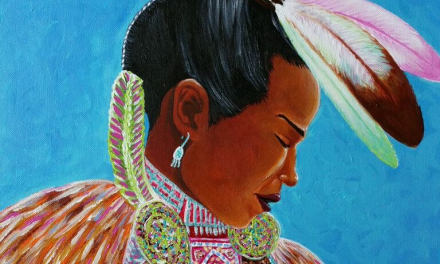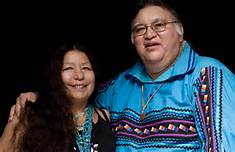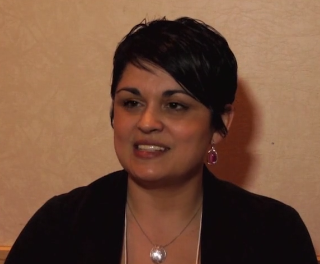Leadership is about effectiveness, doing the right things. Leadership is about teaching principles. Dr. Stephen R. Covey defined leadership as follows “Leadership is communicating people’s worth and potential so clearly that they are inspired to see it in themselves”.
One of the most important variables lies in a simple question: what is the truth about the inner motivations, character and ambition of those who are leaders? Their true internal motivations will show up in their decisions and actions. It is not what they know but what they do with what they know.
Great leaders’ ambitions, be it building a great company, changing the world, or achieving some great objective, is ultimately not about themselves. It is about building a leadership culture where every person has tremendous value. All are needed. The key is to give everyone freedom to find their voice, to focus on what they love to do and what they do well to fulfill the needs they serve.
First build upon a strong core of principles that are open for continuous change and be persistent in the quest for improvement and continuous self-renewal. This enables an organization, or an individual, to preserve a solid foundation and continually grow.
Is leadership for the few or can anyone be a leader?
Let us contemplate the inventor and philosopher R. Buckminster Fuller’s words “All children are born geniuses, and we spend the first six years of their lives de-geniusing them.” Unfortunately our society departmentalizes everything. Everyone should fit in a mold of some kind…race, faith, colour, socioeconomic, grade level, degree, job or profession. With this global mindset how can anyone be nurtured to see the genius that we are all born with and have the confidence to believe that they too can be a leader?
How do we as mothers, aunts, sisters, kokums (grandmothers) and colleagues nurture and develop others? We must first start with ourselves…the inside out process of change. We must walk the talk and be the model. Our choices make us who we are and how we feel today and who we and others will become tomorrow. Knowing is one thing; taking action, putting into practice, applying these lessons, working and living based on values and principles is the game changer.
A culture is particularly sensitive to the actions of its leaders. Almost by definition, leadership has an unbalanced label which effects what people think and do. But leadership is not just a position; in fact, some of the most powerful leaders in the world held no formal position of power (think Mother Teresa or Gandhi). By this definition, leadership is a choice, not a position.
When I think of leaders, I think of anyone who is willing to involve others to make a change. A great friend, Shannon Loutitt comes to mind; through her leadership she brings together and impacts people from all nations and all ages to honour our fallen heroes. You can be a leader in your team or organization; you can be a leader in your family or community. Anyone who wants to make things better and take the actions required is a leader.
Make every encounter and interaction with anyone, including a child, an opportunity to make their life better. Communicate their worth and potential so clearly that they are inspired to see it in themselves. One positive word or even just a smile can change a person’s day and life forever. We are all leaders…find your voice and help others find theirs.
This article was first published in the 2015 summer edition of your Aboriginal Women’s Economic Quarterly.





